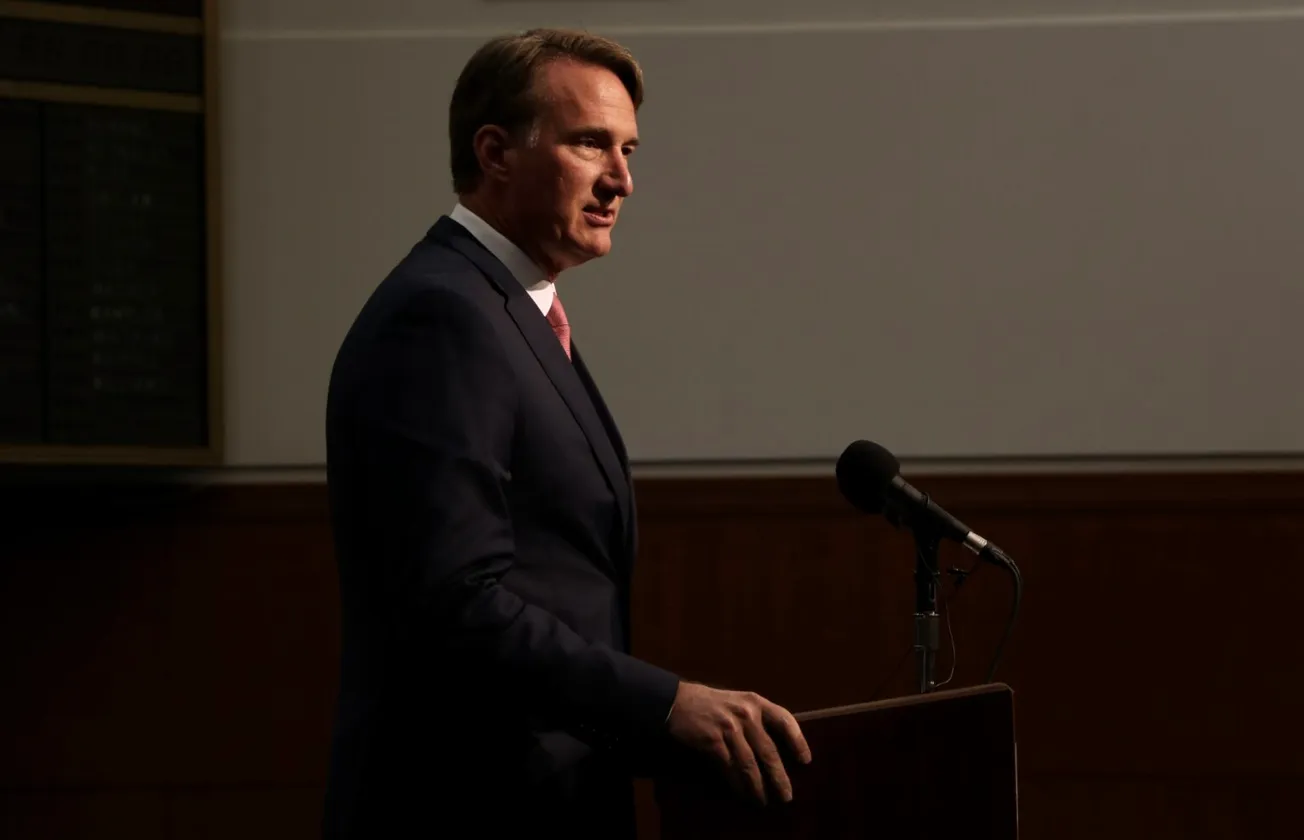Virginia SNAP substitute to roll out weekly through November
Dubbed Virginia Emergency Nutrition Assistance, or VENA, the newly-created program is expected to send money to SNAP beneficiaries’ Electronic Benefit Transfer cards starting on Nov. 3

Dubbed Virginia Emergency Nutrition Assistance, or VENA, the newly-created program is expected to send money to SNAP beneficiaries’ Electronic Benefit Transfer cards starting on Nov. 3
